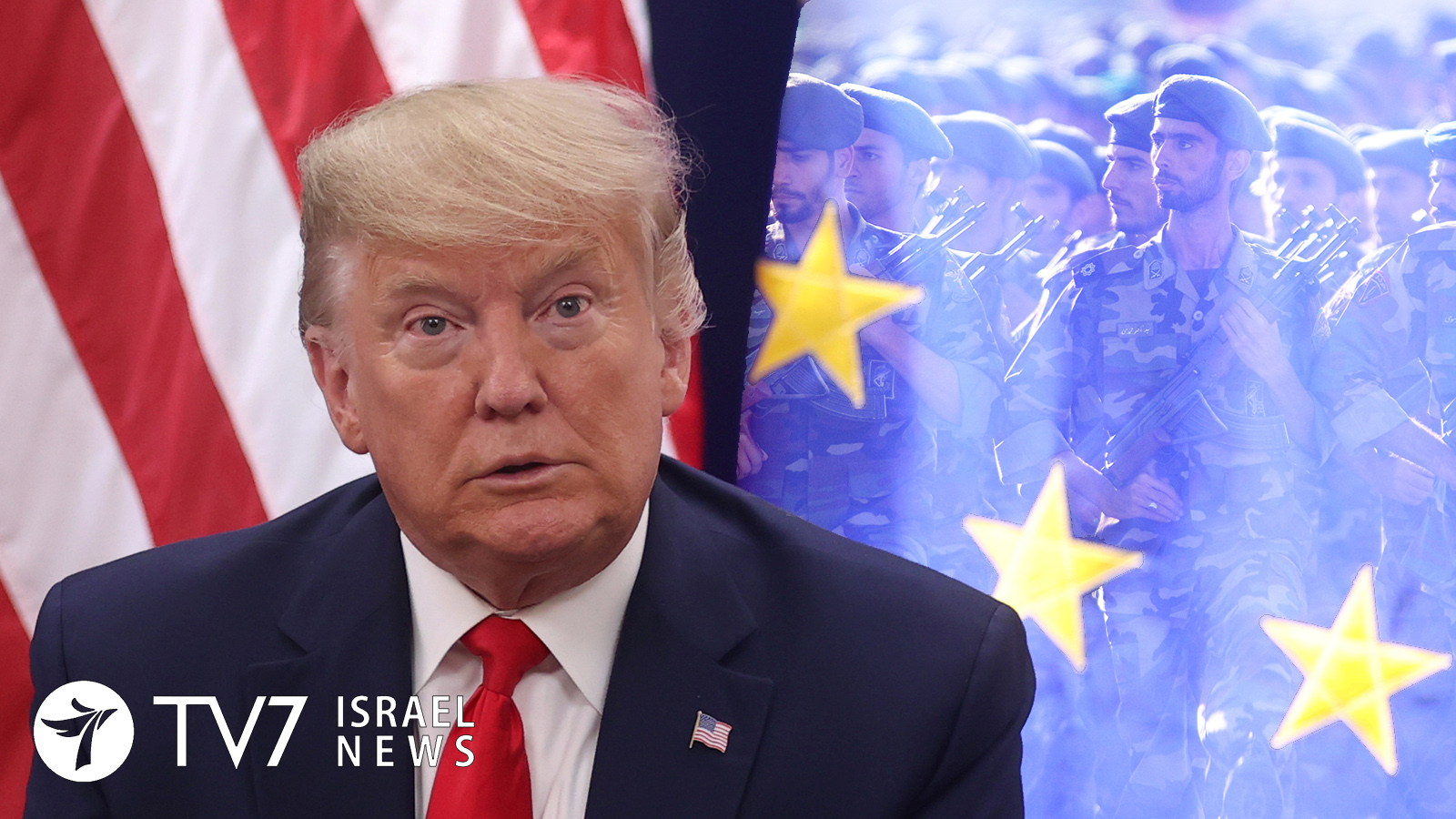The Islamic Republic of Iran has offered a multi-million dollar reward to anyone who murders U.S. President Donald Trump.
Iranian lawmaker Ahmad Hamzeh informed the Iranian parliament, which serves at the pleasure of Supreme Leader Ayatollah Ali Khamenei, that the Kerman Province birthplace of the assassinated Islamic Revolutionary Guards Corps’ Quds Force Commander Qassem Soleimani, “will pay $3 million reward in cash to whoever kills Trump.”
Robert Wood, who serves as U.S. Permanent Representative to the Conference on Disarmament and as U.S. Special Representative for Biological and Toxin Weapons Convention (BWC), dismissed the bounty as “just ridiculous, but it gives you a sense of the terrorist underpinnings of that regime and that regime needs to change its behavior. Its behavior is what has got them to this point and again, we hope that they learned a lesson by what happened recently in the region, so well, we will have to see, but I mean it is just a ridiculous comment.”
While speaking on the sidelines of an international conference on disarmament in Geneva, Ambassador Wood further urged the word community to join the United States in applying “more pressure on Iran to end its malign behavior and sit down with the United States and negotiate an agreement, a deal, a settlement with the nuclear issue, but also with the other issues that concern us, like the ballistic missile proliferation and development and other malign activities around the region.”
Meanwhile in Tehran, Iranian artists showcased an exhibition at the former U.S. Embassy in Iran, which today serves as a regime-sponsored museum.
The exhibition display featured numerous torn Israeli and American flags draping over coffins, as well as military helmets placed on top of crosses bearing the U.S. flag. An upside-down U.S. flag was also hung at the entrance of the former diplomatic mission, near a sign reading “U.S. Den of Espionage.”
During an event at the museum, a senior Iranian Military Spokesperson Abolfazl Shekarchi sought to downplay Washington’s capability of confronting Tehran. Pointing to the 1979 hostage crisis, of 1979, Shekarchi said “that when they had power, they could not stand against Iran’s authority,” adding that “nowadays they are weak, desperate and disabled, and Iran is the determinant power (in the region).” He went on to proclaim that “The guarantor of safety in the Persian Gulf is Iran, not America.”
